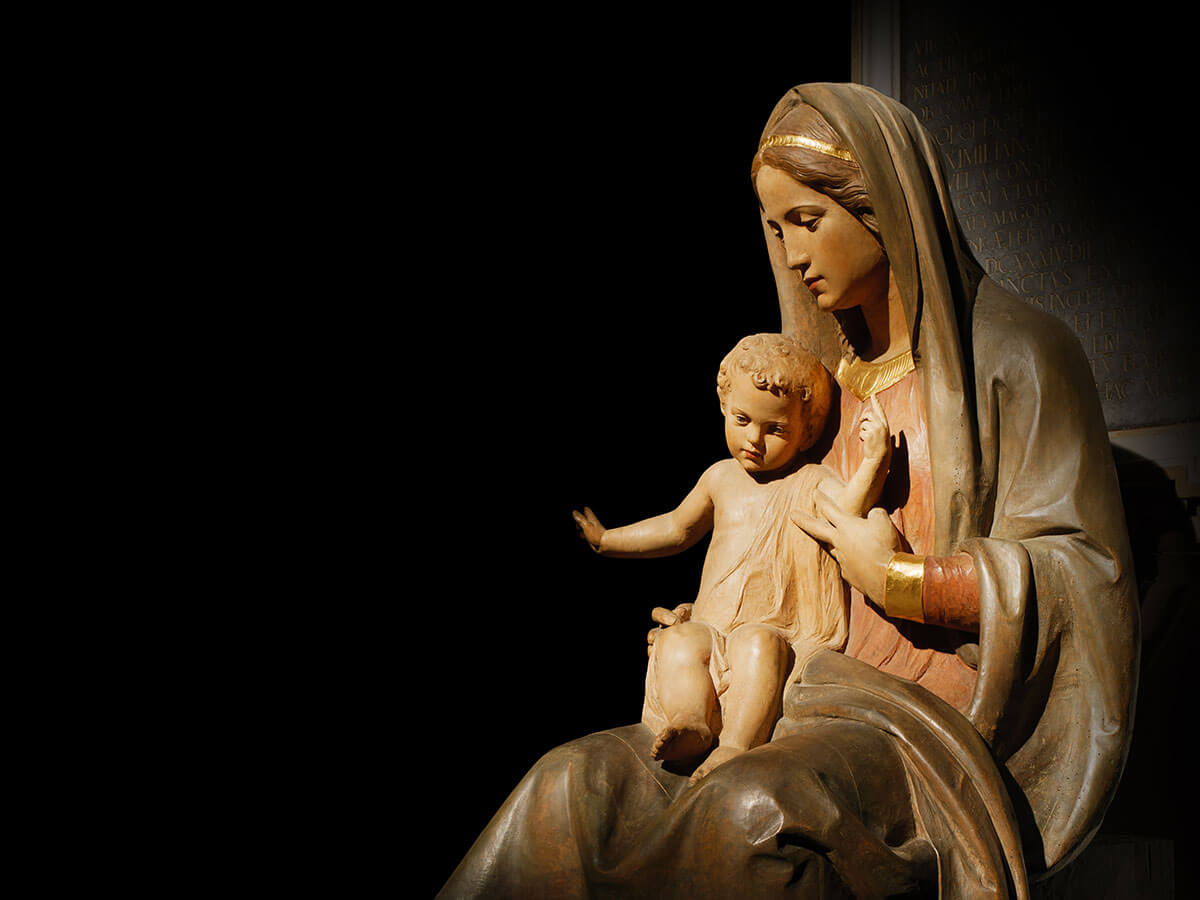I was four years old when my uncle gave me a TIE fighter as a Christmas present. Though it was a hot item from cultural phenomenon that ensued from the release of the original Star Wars movie, I had no idea what it was. Nevertheless, it was a prescient indicator of how Star Wars would dominate my childhood. Money that I earned from mowing lawns would be saved to purchase Star Wars merchandise. My Christmas list was filled with Luke Skywalker, Han Solo, and an assortment of aliens. One of the most enduring childhood memories was standing in line to see The Empire Strikes Back the night it was released.
Like so many others of my generation, my childhood fascination with the original Star Wars trilogy has led to mixed reaction to the prequel trilogy. I will withhold my honest assessment, but I will offer my praise for the recently concluded two-season series Andor which chronicled the backstory that leads to the original Star Wars. Andor most certainly was not produced for children, but it delivers a compelling account of rebellion against tyranny that resonates with a fifty-something-year-old who grew up on the original trilogy.
Much can be said about Andor, but I will restrict my comments to its focus upon hope. That focus is not surprising. After all, it tells the story of how the rebellion arrived at the first Star Wars movie which was subtitled A New Hope. Andor repeats a line from the previously released movie Rogue One, “Rebellions are built on hope.” In the context of the greater story line of the franchise, hope is found in the rebellion recovering the plans that will allow them to destroy the Death Star. Hope is also found in the rebellion moving forward despite the death of many critical figures and the squabbles between the rebels.
Yet the most poignant picture of hope is found in the closing moments of the series as a mother holds her baby who is the child of the titular character, Cassian Andor. Right there, you see hope far greater than the fits and starts of the rebellion. Those who have seen Rogue One know that (spoiler alert!) Cassian Andor will soon die in the storyline. Yet his child will live on. Hope abounds.
Beyond the compelling storytelling that is bound up in the sight of Andor’s surviving child, a Christian cannot help but agree that the greatest hope is found in a baby. Sacred art has captured hope beautifully with the Christ-child in the arms of Mary. Indeed, the birth of that child in Bethlehem meant “the hopes and fears of all the years are met in thee tonight.” From Adam and Eve to the patriarchs to the prophets of old, hope was bound up in the seed, the offspring of the woman (Gn 3:15).
The biblical hope is bound up in Christ, born of Mary. Even the eschatological hope is oft expressed with a child, such as Isaiah 11 where a small lad leads his peaceable kingdom (Is 11:6) so that both the nursing child and the weaned child are safe from cobra and viper (Is 11:8). This beckons us to find hope also in a little child. The birth of a child is the epitome of hope not only as a reminder of the incarnation of Christ, but also as a declaration of his ongoing life-creating, life-sustaining, life-restoring work. Christ delights in life.
Focus upon the world around you and you will sense hope draining out of you. Gaze upon a newborn and hope builds within you as you behold the clear evidence of Christ’s ongoing investment in this world. So many options present themselves as the reason for hope. Yet each of them robs us of hope as they falter. “I have hope for tomorrow because my financial position is strong.” But then the market drops. “I have hope for tomorrow because my candidate (for political or ecclesiastical office) is sure to win.” But then after the election, reality falls far short of expectations. In an age that seems to have little if any reason for hope, some have chosen the most hopeless action—the purposeful rejection of children.
What this age needs more than anything else is the birth of children. While that is a demographic reality, the birth of children is needed even more to breathe hope into our lungs and hearts. Second only to Christ in giving hope for tomorrow is a newborn. There is a seemingly apocryphal statement attributed to Luther that even if he knew that Christ would return tomorrow, he would still plant an apple tree. I suggest a different expression of hope that resonates with the biblical narrative. Even if I know that Christ will return tomorrow, I will rejoice in the news that a new mother is due to deliver a child in the months to come.



Leave a Reply
You must be logged in to post a comment.